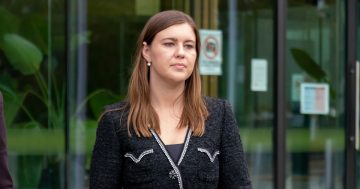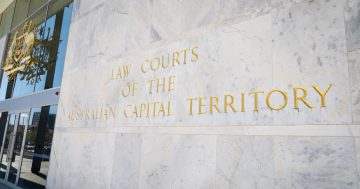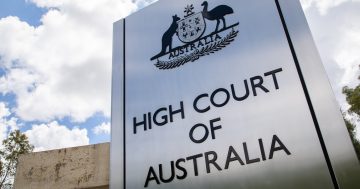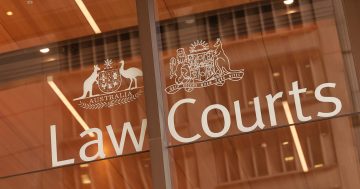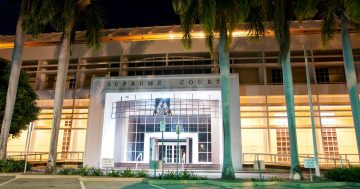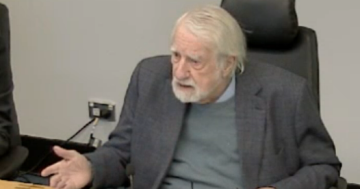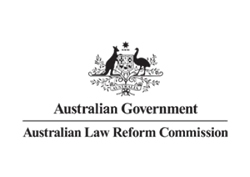 The Australian Law Reform Commission (ALRC) is examining the growing practice of lawyers offering to fund class actions and other court cases in return for a share of the proceeds.
The Australian Law Reform Commission (ALRC) is examining the growing practice of lawyers offering to fund class actions and other court cases in return for a share of the proceeds.
The Commission has released a discussion paper for public comment entitled Class Action Proceedings and Third-Party Litigation Funders (DP 85), which has been produced following more than 40 consultations.
The ALRC said a second round of stakeholder consultations would follow publication of the discussion paper.
It said the terms of reference for its inquiry had asked it to consider whether, and to what extent, class action proceedings and third-party litigation funders should be subject to Commonwealth regulation.
The Commission said it would look at whether there was adequate regulation of conflicts of interest between third-party litigation funders, lawyers and class members; the prudential requirements and character requirements of funders; and the proportion of settlement able to be retained by lawyers and litigation funders in class action proceedings.
“The ALRC was asked to have regard to the increased prevalence of class action proceedings; the importance that costs in these matters are appropriate and proportionate; and the need to protect the interest of plaintiffs and class members,” the ALRC said.
“The majority of class action proceedings that are filed in the Federal Court of Australia receive funding from third-party litigation funders.”
It said the discussion paper put forward 16 proposals and asked 11 questions focusing on the introduction of regulation.
It said the discussion paper asked whether the introduction of contingency fee billing for solicitors acting in class actions would provide better protection for class members than the current system, where both lawyers and funders received a proportion of the settlement.
“It also proposes a system for regulatory collective redress, enabling potential class members to recover damages without going through the statutory class action regime,” it said.
The ALRC will receive submissions to the discussion paper until 30 July and its 137-page discussion paper can be accessed at this PS News link.


